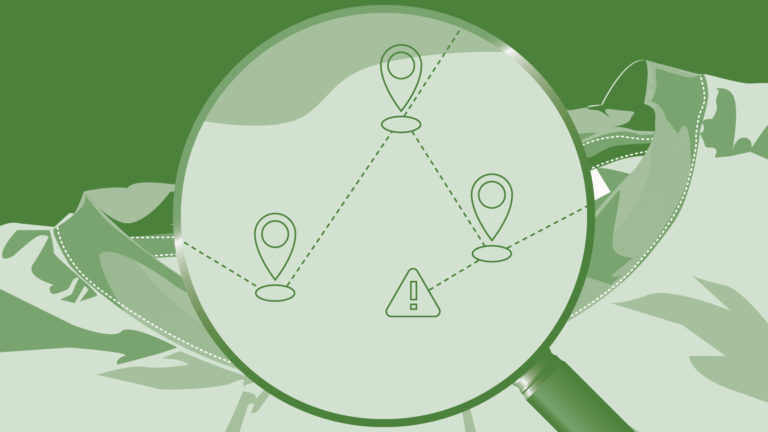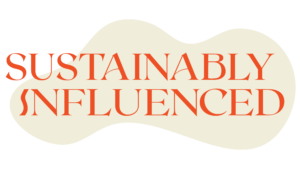How Is Technology Improving Traceability In The Supply Chain?
In recent years, consumers have become increasingly conscious about the origins of the products they purchase. They want to know where their products come from, how they were made, and if they were ethically sourced. As a result, companies are under pressure to provide more information about their supply chains. This is where technology is playing a crucial role in improving traceability in the supply chain, and companies like TrusTrace are leading the way.
TrusTrace is a blockchain-based platform that enables companies to track their products from the source to the end customer. The platform provides a transparent and immutable record of all the transactions that occur along the supply chain, ensuring that the product’s journey can be traced back to its origin. This level of traceability provides consumers with the confidence that their products are ethically sourced and produced, and it also helps companies to identify any potential issues in their supply chain.
One of the key benefits of TrusTrace is that it allows companies to collaborate with their suppliers and partners in real-time. This means that any issues can be identified and resolved quickly, reducing the risk of delays or disruptions to the supply chain. The platform also provides a range of tools to help companies track and manage their supply chain, including analytics, reporting, and data visualization.
Another company that is using technology to improve traceability in the supply chain is IBM. The company has developed a blockchain-based platform called Food Trust, which enables food companies to track their products from farm to fork. The platform provides a transparent and immutable record of all the transactions that occur along the supply chain, enabling companies to verify the origin of their products and ensure that they are ethically sourced.

One of the benefits of Food Trust is that it enables companies to identify the source of any potential contamination quickly. This is particularly important in the food industry, where contamination can have serious consequences. By providing a transparent record of the product’s journey, Food Trust enables companies to identify the source of any contamination quickly and take appropriate action to prevent it from spreading.
Another company that is using technology to improve traceability in the supply chain is SAP. The company has developed a platform called SAP Ariba, which enables companies to track their products from the source to the end customer. The platform provides a range of tools to help companies manage their supply chain, including analytics, reporting, and data visualization.
One of the key benefits of SAP Ariba is that it enables companies to collaborate with their suppliers and partners in real-time. This means that any issues can be identified and resolved quickly, reducing the risk of delays or disruptions to the supply chain. The platform also provides a range of tools to help companies track and manage their supply chain, including analytics, reporting, and data visualization.
In conclusion, technology is playing a crucial role in improving traceability in the supply chain. Companies like TrusTrace, IBM, and SAP are leading the way by developing blockchain-based platforms that enable companies to track their products from the source to the end customer. These platforms provide a transparent and immutable record of all the transactions that occur along the supply chain, enabling companies to verify the origin of their products and ensure that they are ethically sourced. By improving traceability in the supply chain, these companies are helping to build consumer trust and confidence, which is essential for the success of any business.
You can listen to more about this topic in an episode of Sustainably Influenced the podcast here.
Share This Story
Related Posts

Did ChatGPT Play a Role in Fueling California’s Wildfires?
Did ChatGPT Play a Role in Fuelling California’s Wildfires? Alice Hartwell Credit: Unsplash Early 2025 headlines were dominated by the devastating wildfires that swept through

Is Outlet Shopping Actually Sustainable? Let’s Discuss
Is Outlet Shopping Actually Sustainable? Bianca Foley Outlet shopping and discount designer stores have long been the ultimate fashion treasure hunt—scoring past-season gems at a

Sustainable Bakeries to Visit in the UK
(Image credit: Mix Interiors) Sustainable Bakeries to Visit in the UK There’s nothing more comforting than indulging in freshly baked goods. But what if you

What’s Good in December: Fun, Ethical Things To Do In London
What’s Good In December: Fun, Ethical Events In London In Partnership with In Good Company December brings a magical mix of festive cheer and meaningful
